Credit cards have various fees and charges that might seem overwhelming. But, knowing about them can help you handle your money better. You’ll find fees like annual fees and foreign transaction fees. It’s key to know these charges to pick the right credit card for you and avoid some fees.
Key Takeaways
- Credit cards have many fees, like annual fees, interest charges, late payment fees, and foreign transaction fees.
- Knowing these charges helps you manage your money and cut down on fees.
- Credit card processing fees are for merchants, while credit card fees are for the cardholder.
- The Credit CARD Act of 2009 makes credit card companies show all fees.
- Skipping fees like annual fees or foreign transaction fees can save you money over time.
Introduction to Credit Card Charges
Credit cards make paying easy and flexible. But, they also have fees and charges. It’s key to know about these fees to manage your money well.
Common Credit Card Fees
Here are some common fees you might see:
- Annual Fees: Many cards have an annual fee for their use.
- Transaction Fees: Merchants pay a fee for each credit card transaction. This fee can be passed to you.
- Balance Transfer Fees: Moving a balance to another card might cost you a fee, often a percentage of the amount moved.
- Cash Advance Fees: Taking cash from your card at an ATM or getting a cash advance comes with extra fees.
- Foreign Transaction Fees: Buying things in another country with your card might mean extra fees.
Understanding Fees and Charges
Always read your credit card agreement to know the fees and charges. Some fees, like interest and annual fees, are shown on your monthly statement. But, some fees, like foreign transaction fees, might be hidden in the details. It’s important to look at the terms and conditions.
| Fee Type | Description | Average Cost |
|---|---|---|
| Annual Fee | A yearly charge for the privilege of using the credit card | $95 |
| Balance Transfer Fee | A fee charged when you transfer a balance from one card to another | 3-5% of the transferred amount |
| Cash Advance Fee | A fee charged for withdrawing cash from your credit card | $10 or 5% of the transaction, whichever is greater |
| Foreign Transaction Fee | A fee charged for purchases made outside your home country | 1-3% of the transaction amount |
Knowing about credit card charges and fees helps you use your card wisely. This way, you can avoid unexpected costs.
Annual Fees
Credit cards often come with an annual fee. This fee lets you use the card. Annual fees range from $0 to over $550 for premium cards with lots of rewards and perks.
When looking at a credit card with an annual fee, think about if the rewards and benefits are worth it. Many cards without a fee still offer great rewards. So, it’s smart to compare costs and see if the extra features are worth the fee.
But, an annual fee isn’t always a problem. Some top-tier credit cards with fees up to $550 offer so many rewards and perks they’re worth it. For example, if you travel a lot or spend a lot, these cards might be a good deal. Just make sure to check the rewards against the fee to see if it’s a good deal for you.
| Credit Card | Annual Fee | Rewards/Perks |
|---|---|---|
| Chase Sapphire Reserve | $550 | 3X points on travel and dining, $300 annual travel credit, Priority Pass lounge access |
| American Express Platinum Card | $695 | 5X points on flights and prepaid hotels, $200 annual airline fee credit, Global Lounge Collection access |
| Citi Double Cash Card | $0 | 2% cash back on all purchases (1% when you buy, 1% when you pay) |
Whether an annual fee is good for you depends on how you spend and what perks and rewards the credit card offers. Always look closely at each option to make sure you’re getting the best value for your money.
Interest Charges
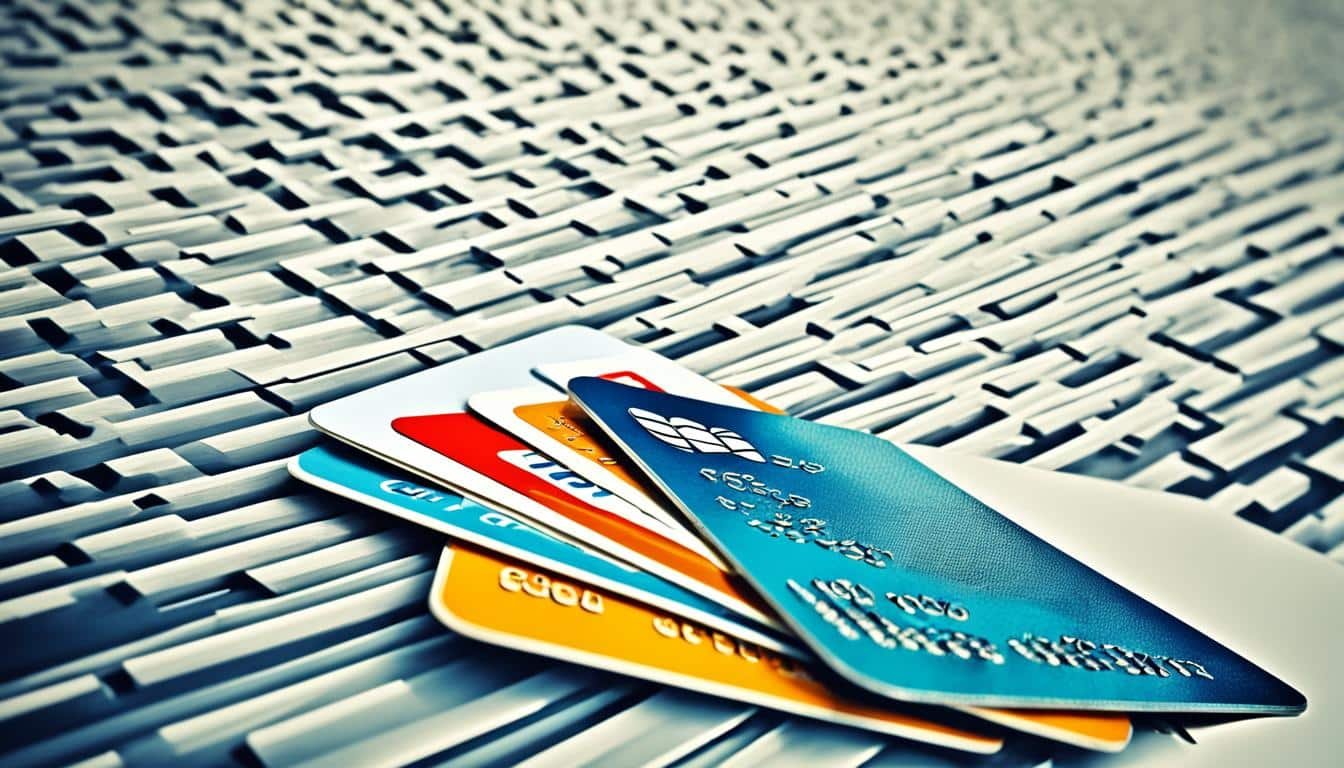
Using a credit card means you’ll face interest charges, also known as the annual percentage rate (APR). This interest is what you pay for keeping a balance on your card. The APR depends on the card’s interest range and your creditworthiness.
How Interest Charges Work
Credit card interest is based on your card’s APR and your average daily balance. The more your APR and balance, the higher your interest charges. These charges can quickly increase, making it hard to pay off your debt.
Avoiding Interest Charges
- To avoid interest charges, pay your balance in full and on time every month, using the grace period.
- For big purchases, a card with a 0% APR can act like an interest-free loan, giving you time to pay it off.
- Remember, the 0% APR period has an end date, and the rate will go back up after that.
Knowing about interest charges and how to avoid them can help you save money and pay off your credit card debt faster.
Late Payment Fees
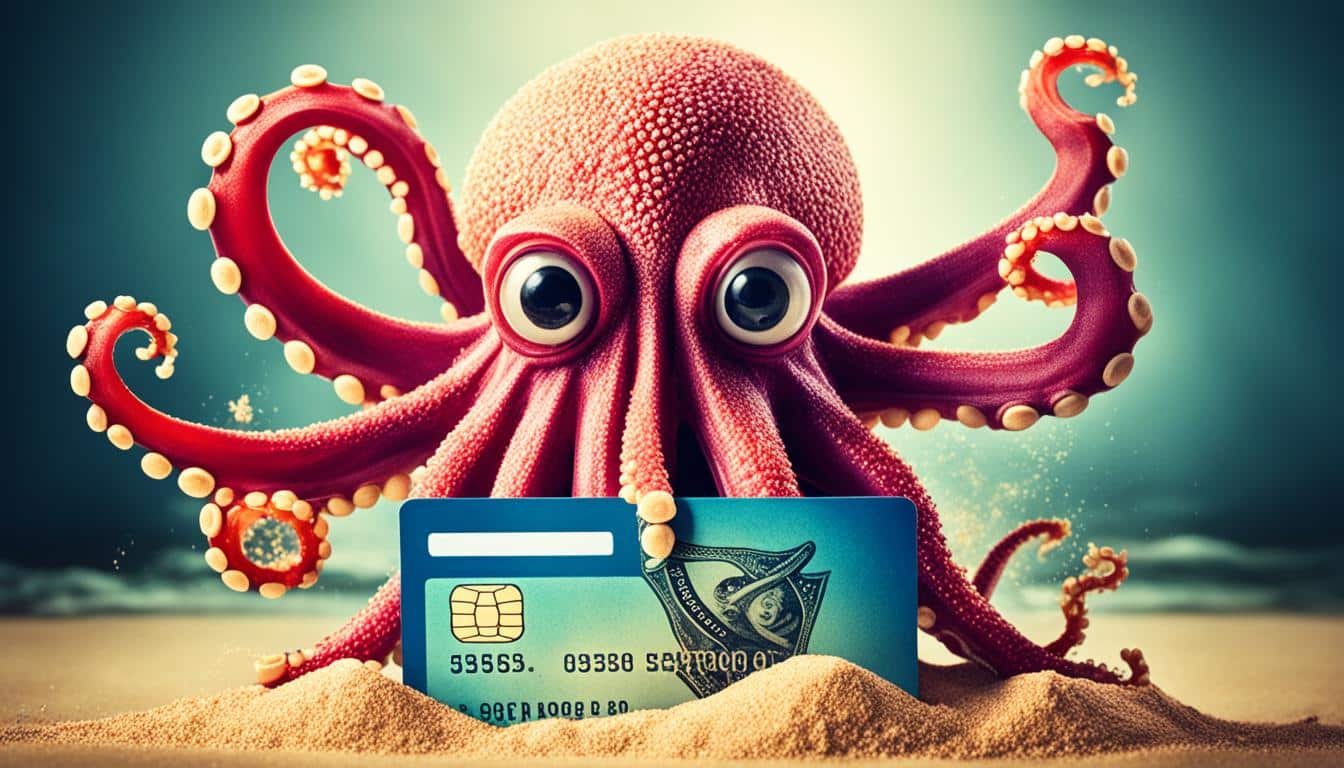
Have you ever missed paying your credit card bill on time? You might have faced the dreaded late payment fee. These fees can be a big problem, costing up to $8 for the first time and up to $40 if you miss payments often. Not paying the minimum payment by the payment due date leads to these fees and can hurt your credit score.
To dodge late payment fees, consider setting up autopay for the minimum due. This way, your bill gets paid on time, every time. Also, checking your payment due date and setting reminders helps keep your payment history positive. This is key to a good credit score.
“Paying your bills on time is crucial for building and maintaining a healthy credit score.”
A good credit score means better interest rates and more financial opportunities. By managing your late payment fee, minimum payment, and payment due date well, you protect your credit. This leads to more benefits for you.
Foreign Transaction Fees
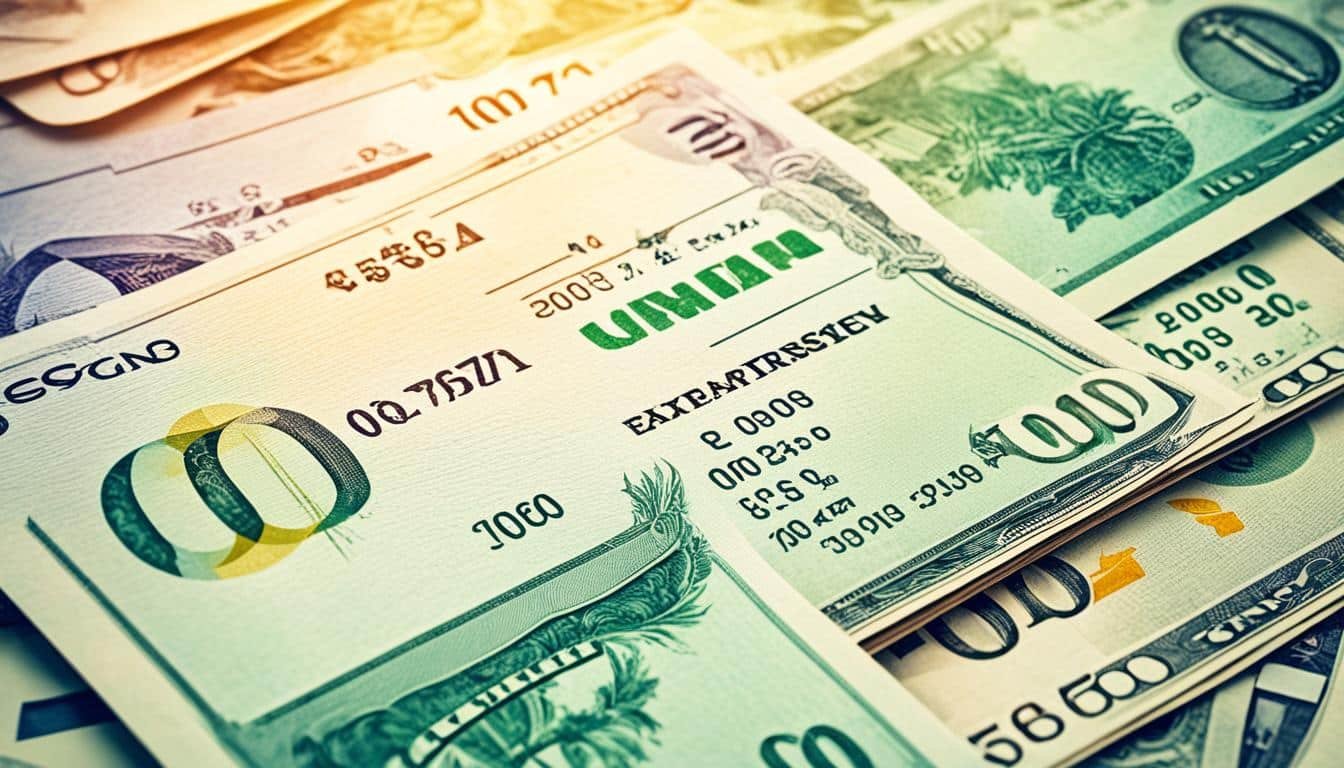
When you buy something with your credit card in another country, you might face a foreign transaction fee. This fee, usually 1% to 3% of the purchase, can quickly increase your expenses.
Fortunately, you can dodge these fees. The top way is to pick a credit card without foreign transaction charges. These cards are great for travelers and often come with perks like no annual fees and rewards.
Another smart move is to get a debit card with no ATM fees from a bank like Charles Schwab. This can save you money when you need cash from foreign ATMs.
| Credit Card | Foreign Transaction Fees | Annual Fee |
|---|---|---|
| Chase Sapphire Preferred | 0% | $95 |
| Capital One Venture Rewards | 0% | $95 |
| Bank of America Travel Rewards | 0% | $0 |
By watching out for foreign transaction fees and picking the right card or bank account, you can save money. This is especially true for international purchases or ATM withdrawals abroad.
“The best way to avoid foreign transaction fees is to choose a credit card without any such charges, which are often found with travel credit cards.”
credit card charges
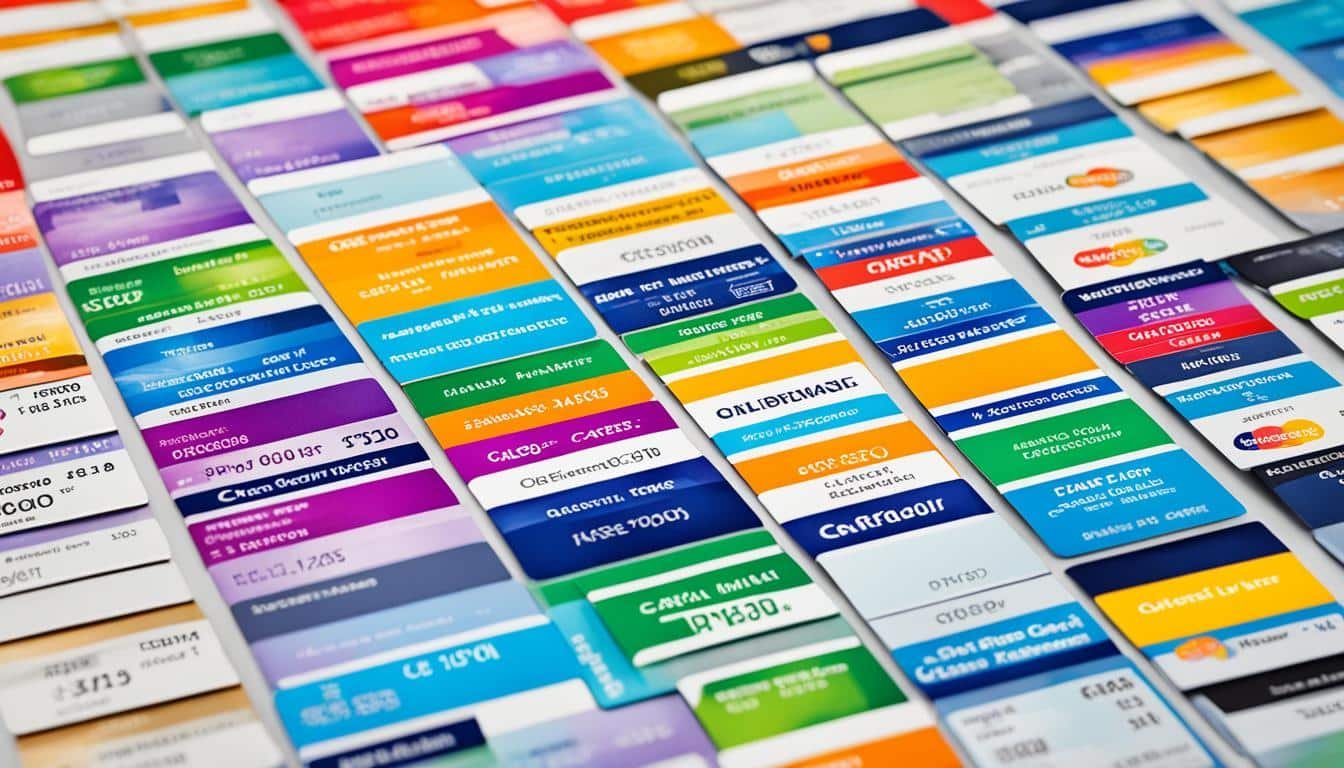
Credit cards are handy but come with hidden fees. It’s key to know about common credit card fees to manage your money well.
Many cards have an annual fee. This fee gives you special perks. But, many cards now have no annual fee, making it easier to find a good one.
Interest can add up fast if you don’t pay off your card each month. Knowing how interest charges work and how to avoid them is important. Paying on time and keeping your credit use low helps a lot.
Other fees come from late payments, foreign transactions, balance transfers, and cash advances. Being careful and knowing about these fees can save you money.
Understanding credit card charges might seem hard, but it’s doable with some effort. With knowledge and smart choices, you can enjoy your credit card more while cutting down on rates and fees.
“The key to managing credit card charges is to be proactive and stay on top of your account. By understanding the fees and making informed decisions, you can use your credit card to your advantage.”
Balance Transfer Fees
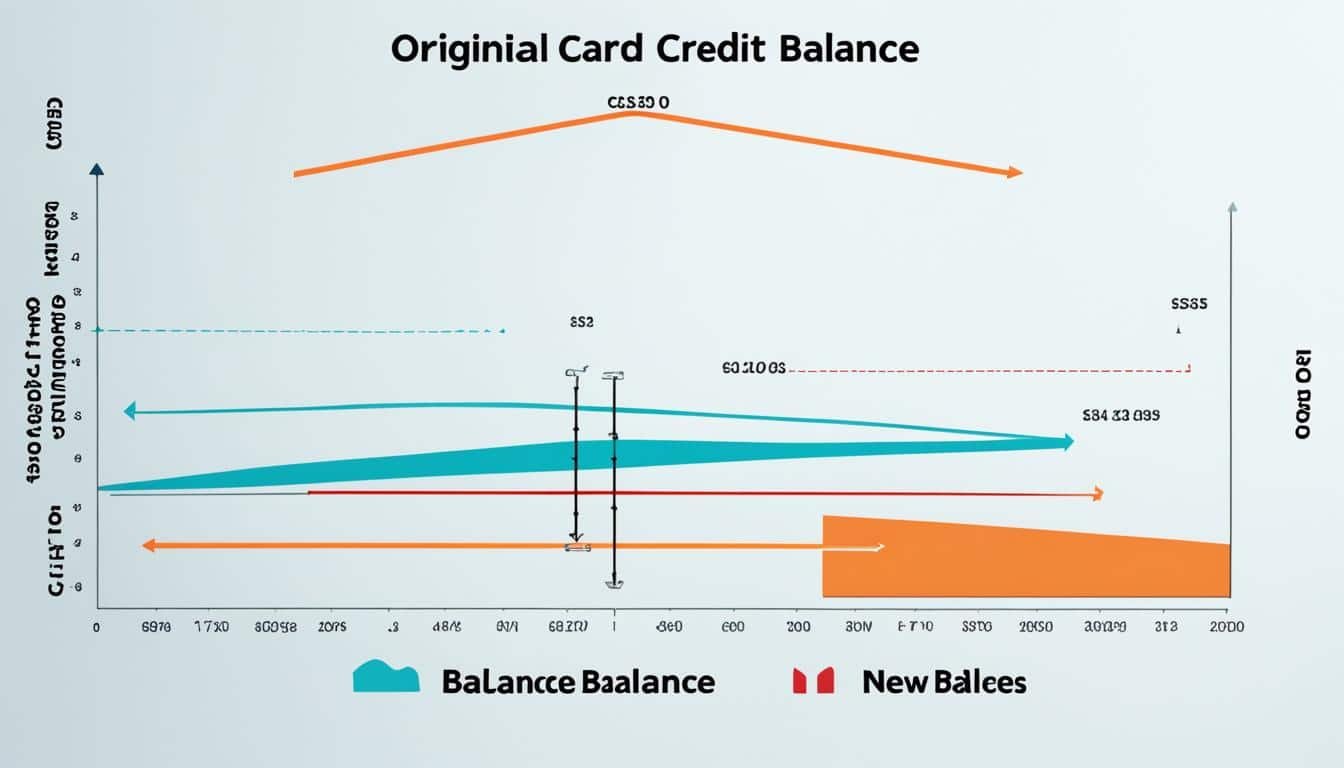
Dealing with credit card debt can be tough. A balance transfer might seem like a good idea. It moves your debt to a new card with a 0% APR, letting you pay off your debt without interest. But, don’t forget to think about the balance transfer fee.
These fees are usually 3% to 5% of what you’re moving, with a minimum of $5 or $10. So, moving $10,000 could cost an extra $300 to $500. Even with these extra costs, the savings from a 0% APR might still make it worth it.
Avoiding Balance Transfer Fees
To skip these fees, pick a card with no balance transfer fee and a 0% APR. These cards need good to excellent credit. But, they’re great for paying off high-interest debt.
- Search for cards that say “no balance transfer fee” or “0% balance transfer fee.”
- Check out credit union cards; some offer these deals without a fee.
- Think about the fee and how it affects your debt plan.
Knowing the costs of balance transfers and how to dodge fees helps you decide if it’s right for you.
| Card Name | Balance Transfer Fee | Introductory APR | Credit Union |
|---|---|---|---|
| Citi Double Cash Card | 3% | 0% for 18 months | No |
| Wells Fargo Active Cash Card | 3% | 0% for 15 months | No |
| Navy Federal Credit Union Platinum Card | 0% | 0% for 12 months | Yes |
“The best credit card for a balance transfer is one that charges no balance transfer fee and offers a long 0% APR promotional period.”
Cash Advance Fees
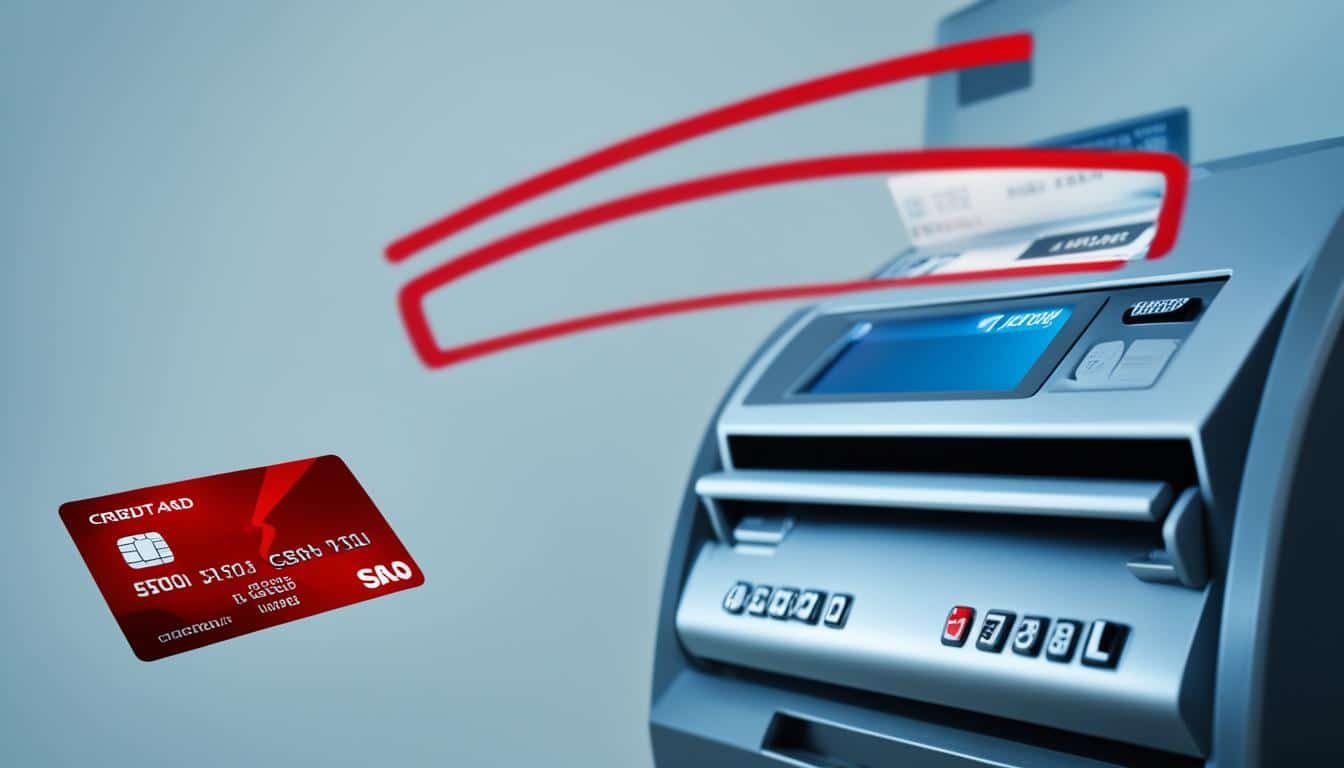
When you’re in a tight spot, taking cash from your credit card might seem like a good idea. But, it comes with a big cost – cash advance fees. These fees can eat away at the benefits of getting cash fast. It’s key to know about them before using your credit line credit card surcharge credit card issuer credit card network.
The usual cash advance fee is either a flat rate, like $3 to $10 per transaction, or a percentage of what you take out, usually 2% to 5%. Plus, the interest on cash advances is often higher than the standard purchase APR, sometimes up to 25% or more. This can make borrowing through cash advances very costly.
- Cash advance fees are charged for taking cash from your credit card, either as a flat fee or a percentage of the amount taken out
- The interest rate on cash advances is usually much higher than the standard purchase APR, often 25% or more
- Cash advances can be an extremely costly way to get funds compared to other options like personal loans
| Fee Type | Typical Range |
|---|---|
| Flat Cash Advance Fee | $3 to $10 per transaction |
| Percentage-based Cash Advance Fee | 2% to 5% of the amount taken out |
| Cash Advance APR | Up to 25% or more |
Considering the high costs of cash advances, it’s usually better to look at other options, like a personal loan. These might have better terms and lower interest rates. Knowing the real cost of cash advances helps you make smarter financial choices and avoid expensive, short-term borrowing.
“Cash advances can quickly become an expensive way to access funds, so it’s important to carefully weigh the costs before tapping into your credit line.”
Also Read : Demystifying The Credit Card Application Process: Everything You Need To Know
Conclusion
Credit cards make paying easy, but they have fees that can add up. Knowing about annual fees, interest, late fees, and others helps you save money. By being smart, you can cut down or avoid these costs.
Pay your bill on time and keep your spending in check. Pick credit cards with good terms. This way, you can use your card well and dodge extra fees. Always check your statements often and fix any issues quickly to avoid surprise costs.
Credit cards are a great financial tool if you know how to use them right. Keep an eye on the fees and charges. This way, you get the most out of your card and have a better experience.
FAQs
Q: What is a processing fee on a credit card?
A: A processing fee on a credit card is a charge by the card issuer to cover the cost of processing transactions, maintaining the account, and providing customer service.
Q: What is a returned payment fee?
A: A returned payment fee is charged when a credit card payment is returned due to insufficient funds, closed account, or other reasons. This fee is typically charged by the card issuer.
Q: How does a surcharge work on a credit card?
A: A surcharge is an additional fee imposed on a transaction when a credit card is used for payment. It is usually a percentage of the transaction amount and is charged by the merchant to cover the cost of processing credit card payments.
Q: What are late fees on credit cards?
A: Late fees are charges imposed by credit card companies when a cardholder fails to make at least the minimum payment by the due date. Late fees can vary depending on the issuer and the terms of the credit card agreement.
Q: What is an over-the-limit fee?
A: An over-the-limit fee is charged when a cardholder exceeds their credit limit on a credit card. This fee is in addition to any interest charges incurred and is typically charged by the card issuer.
Q: How do credit card processing fees work?
A: Credit card processing fees are charges that merchants pay to process credit card transactions. These fees typically include interchange fees, assessment fees, and processing fees charged by card networks, issuers, and processors.
Q: What are credit card offers?
A: Credit card offers are promotions by card issuers that include incentives such as rewards, sign-up bonuses, low interest rates, or no annual fees to attract new cardholders. Card offers vary in terms and benefits.
Q: How can I avoid credit card fees?
A: To avoid credit card fees, make timely payments, stay under your credit limit, read the terms and conditions of your card agreement, choose cards with no foreign transaction fees, and be aware of any fees associated with your card use.




